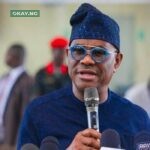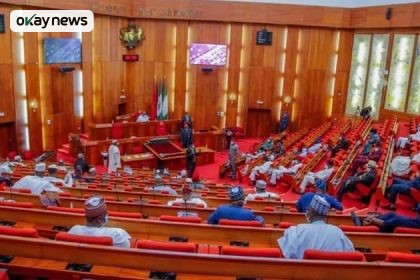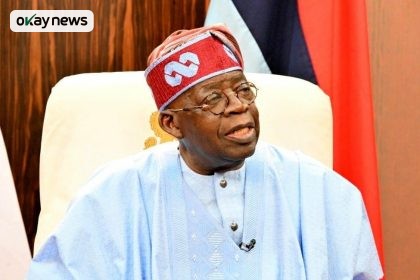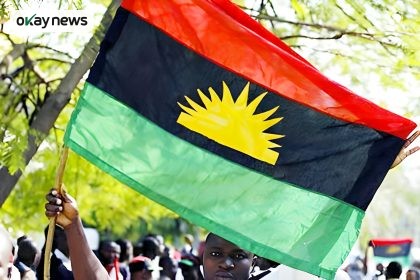The World Bank has labeled Nigeria’s 2025 federal budget as overly ambitious, warning that the Federal Government (FG) might have to resort to the Central Bank of Nigeria’s (CBN) Ways and Means facility to cover revenue shortfalls.
This caution came during the launch of the World Bank’s Nigeria Development Update report, titled ‘Building Momentum for Inclusive Growth,’ held in Abuja on Monday.
President Bola Tinubu had earlier signed the 2025 Appropriation Act into law, approving a record N54.99 trillion budget – the largest in Nigeria’s history. This figure was an increase from the initial N49.7 trillion proposal submitted to the National Assembly.
The budget allocates N13.64 trillion for recurrent expenditure, N23.96 trillion for capital projects, N14.32 trillion for debt servicing, and N3.65 trillion for statutory transfers. It projects a deficit of N13.08 trillion, to be financed through domestic and external borrowing.
The fiscal assumptions underpinning the budget include a crude oil price benchmark of $75 per barrel, oil production of 2.06 million barrels per day, an exchange rate of N1,400 to the dollar, and a 15% inflation target.
However, the World Bank’s Lead Economist for Nigeria, Mr. Alex Sienaert, expressed skepticism about these assumptions. “It’s a very ambitious budget… it looks like it’s going to be pretty hard to meet some of the ambitious revenue targets,” he said, noting current oil production is closer to 1.6 million barrels per day, not the budgeted 2.06 million.
Sienaert also highlighted uncertainties around revenue from the removal of the petrol subsidy and a planned windfall tax on foreign exchange gains, which could weaken government revenue. He warned that failure to meet revenue targets might force the FG to increase borrowing or resort to deficit monetisation via the CBN’s Ways and Means facility, a move that could disrupt Nigeria’s fragile macroeconomic recovery.
Despite these warnings, the FG, represented by Minister of Budget and Economic Planning Senator Abubakar Bagudu, defended the budget’s assumptions as modest and achievable, citing Nigeria’s capacity to produce over 2.3 million barrels per day and the premium quality of its crude oil.
The World Bank also urged the FG to eliminate the electricity subsidy, describing it as a wasteful and regressive policy, and called for enhanced fiscal transparency, improved governance, and sustained reforms to support Nigeria’s goal of becoming a $1 trillion economy by 2030.
At the event, other government officials, including Minister of Finance Wale Edun and CBN Governor Olayemi Cardoso, reaffirmed commitments to fiscal discipline and monetary stability, while private sector leaders stressed the need for clear policies to attract investment.







